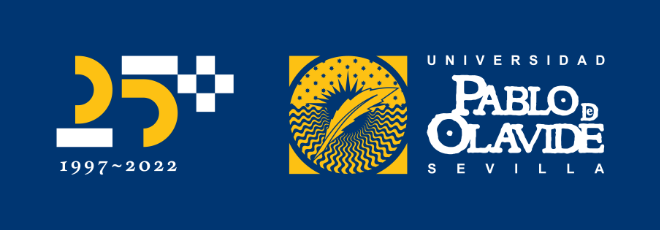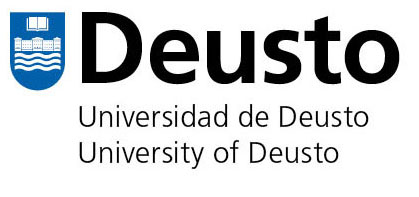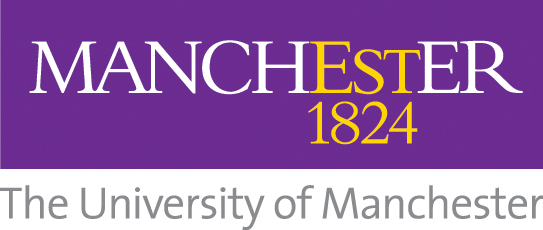El proyecto UNTWIST está compuesto por un consorcio de 9 socios (siete universidades, un instituto de investigación, una asociación y una fundación). El consorcio se ha creado para asegurar la participación equilibrada de socios académicos de diferentes zonas geográficas y garantizar la representación de los heterogéneos contextos políticos, sociales, económicos y demográficos que podrían ser relevantes para nuestros hallazgos, y que deben tenerse en cuenta en nuestras recomendaciones de políticas. El proyecto se llevará a cabo en un conjunto de países que incluyen representantes de distintas áreas regionales, con diferentes características sociodemográficas y configuraciones políticas. UNTWIST se centra en seis países europeos que tomamos como “representativos” de esas regiones: España (Sur), Reino Unido (Oeste), Alemania y Suiza (Centro), Hungría (Este) y Dinamarca (Norte), todos ellos con partidos de extrema derecha relevantes. El consorcio integra de forma complementaria a especialistas en ciencia política, sociología y estudios de género, con una importante expertis en género desde diferentes perspectivas. Entre los socios del consorcio, la experiencia en análisis de género, métodos mixtos, así como métodos cuantitativos y cualitativos, garantizan que dispongamos de los conocimientos pertinentes para los diferentes paquetes de trabajo.
UPO (Universidad Pablo de Olavide)
The Universidad Pablo de Olavide (UPO) is a modern and young university less than 50 years old, which is nonetheless located among the 250 best young universities by Times Higher Education (Young Universities Ranking 2021). Besides that, UPO is ranked between 601-700 according the Academic Ranking of World Universities 2023. Founded in 1997, it is located within a single campus in Seville, Spain, covering a total of 136 hectares and dominated by a tower and a set of buildings recognized as assets of Cultural Interest.
The UPO is a public institution that leads a selective field of Higher Education and is oriented towards the generation, dissemination and transfer of knowledge, with an international vocation, ensuring equality, plurality and sustainable development.
As one of the youngest universities in Spain, the UPO has a relatively small community with 10.325 undergraduate students, 5.262 postgraduate students, 1.353 researchers and 356 administration staff (academic year 2021-2022). The university counts with valuable infrastructures for education, research and innovation (as of 2022): 52 official degree studies, 50 master & doctoral programmes, 62 own degrees, 15 departments, 11 research centres, 119 research groups, 59 patent families. Seven schools or faculties are in charge of different undergraduate, postgraduate and doctoral programmes: Faculty of Experimental Sciences, Faculty of Social Sciences, Faculty of Sport, Faculty of Law, Faculty of Humanities, Polytechnic School and San Isidoro University Centre, associated with UPO.
University of Deusto
The University of Deusto (DEUSTO) is a private institution of higher education with more than 125 years of history born with the mission of service and social commitment, consolidating itself as one of the Spanish universities in the U-Multirank ranking. Currently, DEUSTO offers 39 degrees in the field of engineering, business administration, social sciences, law, arts and health, 50 masters and 22 executive programs. Since 1987, the University has undertaken a strong internationalisation process that has multiplied its opportunities for international collaboration. Today the University of Deusto participates in many research collaborative projects funded by the European Commission, is part of a wide number of international networks and has signed multiple cooperation agreements with universities and research centres all over the world.
USARR (Universitat des Saarlandes)
USAAR – Department of European Social Research, Chair of Political Science
Saarland University (USAAR) is the largest university in Saarland with around 17,000 students and around 4,600 employees, distributed across six faculties. Located in Saarbrücken and Homburg, USAAR promotes cutting-edge research in Computer Science, Nano and Life Sciences, and Europe. As of February 2023, the university includes several research centres, which are involved in approximately 30 EU-funded Horizon 2020 projects, 150 projects funded by the German Research Foundation (DFG), and 180 projects funded by the German federal government. The Department of European Social Research consists in an interdisciplinary department which promotes research and teaching in cultural and physical geography, political science, and sociology. As part of the department, the Chair of Political Science (European Integration and International Relations) focuses on the multilevel political system of the European Union and European politics, with an empirical-analytical approach and quantitative methods. Link: https://www.uni-saarland.de/en/department/european-studies/departmental-professors/political-science-with-special-focus-on-european-integration-and-international-relations.html
UNIMAN ( University of Manchester)
The University of Manchester is one of the largest Universities in the United Kingdom, with around 7,000 academic and research staff and 40,000 undergraduate and postgraduate students. The University ranks 28th in the 2023 QS World University Rankings and 9th in the Times Higher Education University Impact Rankings, measured against the UN’s Sustainable Development Goals. In the 2021 Research Excellent Framework (REF), 93% of the University’s research activity was rated ‘world leading’ or ‘internationally excellent.’ Politics at Manchester is one of the largest politics units in Europe, with approximately 70 members of academic staff, 250 MA students, and over 60 PhD students. The department develops and supports research of high quality across a substantive and methodological range, organised around five research clusters: Global Political Economy, Comparative Politics, Democracy and Elections, Analytical Political Theory, and Critical Global Politics. The department also has concentrations of research excellence in European Politics, Chinese Politics, Political History, the Politics of Gender, and the Politics of War and Terrorism. Politics ranks 8th in the country in the 2021 Research Excellence Framework, with 95% of the department’s research activity rated ‘world leading’ or ‘internationally excellent.’
UBERN (Universitat Bern)
The University of Bern is among the top public universities in Switzerland, enjoying some of the highest staff satisfaction and since 2023 making the list of the 100 best universities worldwide. Two research entities of the university are involved in UNTWIST: The Institute of Political Science and the Interdisciplinary Centre for Gender Studies.
The Institute of Political Science is ranked among the Excellence Group of European political science. The Institute is particularly strong in combining research is practice-oriented applications. This manifests for instance in catering services to the public, such as the Année Politique Suisse and the Comparative Political Data Set. The Interdisciplinary Centre for Gender Studies is the University’s competence centre for inter- and transdisciplinary gender research, rallying over 30 people from different disciplines together. It couples excellence in the fields of Human Rights & Discrimination, Gender Equality Policy, and Feminist Theory with practice-relevant recommendations. The Centre regularly conducts research mandates and scientific consultations for administration, politics and civil society, a prestigious mandate being the “Women’s Human Rights App”.
Centre For Social Sciences
The Centre for Social Sciences (CSS) Budapest is the flagship research institute for social sciences in Hungary, founded by the Hungarian Academy of Sciences with its founding charter guaranteeing that its research is carried out without political influence.
The Centre comprises four institutes: Institute for Political Science, Institute for Minority Studies, Institute for Legal Studies, Institute for Sociology, and other research units, with scientific staff of about 200 researchers.
It conducts disciplinary and interdisciplinary research in the areas of sociology, political science, computational social science, network science, minority studies and legal studies using the latest scientific methods and high-quality research data. Besides fostering explorative and innovative international research, CSS Budapest addresses vital questions that pertain to Hungarian society. The Centre’s aims include playing a prominent role in regional social science research and being a point of reference in Hungary.
Two of the six journals published by the Centre are ranked by SCOPUS, and has an expanding international publication portfolio in highly ranked international journals and publishing companies, thanks to the rigorous research performance evaluating system introduced in 2013 with a focus on international publications. CSS operates an open access repository for research. CSS is dedicated to building collaborative, trans-disciplinary research networks.
Our mission is to foster excellence and innovation in the social sciences and provide impactful research to solve contemporary social challenges.
Webpage: tk.hu
LinkedIn: @centre-for-social-sciences-budapest
Twitter: @css_budapest
Facebook: @mta.tarsadalomtudomany
Flickr: https://www.flickr.com/photos/162467876@N03/albums
Roskilde University (RUC)
Roskilde University is a Danish research-driven, public university. Founded in 1972 Roskilde University was originally established in order to challenge academic traditions and to experiment with new ways to create and acquire knowledge. The university builds on innovative and student-centred forms of learning and strong interdisciplinary research environments. Currently around 7500 students attend undergraduate, graduate and post-graduate study programmes at Roskilde University. The university employs 500 researchers and 450 academic staffs. Educational principles at Roskilde University include interdisciplinarity, problem-oriented project work, participant direction and joint responsibility. From enrolment to graduation, students learn to identify and define problems scientifically, assess and select the relevant theories and methods, and conduct independent scientific analyses. Across all institutes at Roskilde University interdisciplinary research centres focus on the great social, cultural, economic and environmental challenges in the world around us, including Centre for Gender, Power and Diversity.
VIT (Visualization for Transparency foundation)
The Visualization for Transparency Foundation ViT (Fundació ViT, Visualització per a la Transparència in Catalan) is a not-for-profit organization focused on making complex information clear and accessible through data visualization. We strive to increase transparency and help communities make better, informed decisions by offering guidance on visualization methods and promoting data-driven visual communication.
Our work revolves around promoting literacy in data visualization and collaborating with public institutions to transform the reach of their open data using friendlier data interfaces, storytelling techniques, and visual tools.
We organize educational activities in visualization and data science, like our Master’s degree in Visual Tools —in collaboration with the Fundació UdG: Innovació i Formació, hackathons, and conferences like the Dataviz for Society conference —co-organized with the Digital Future Society.
Our multidisciplinary team of designers, engineers, and data activists design and develop open data visualization projects that reimagine public data experiences. Among other projects, we have collaborated with the United Nations Environment Programme to produce their pollution and climate action notes, a collection of data visualizations that explore and explain the climate emergency. We have also worked with National Geographic Society, Utrecht University and Esri on the World Water Map, a tool to understand how people use water around the globe. To learn more about who we are and what we do, visit https://www.fundaciovit.org/
ECSA (European Citizen Science Association)
The European Citizen Science Association (ECSA) is a membership association that brings together many stakeholders to increase the democratization of knowledge production. ECSA was set up to encourage the growth of citizen science in Europe, and to support the participation of the general public in research processes – across science, social science, humanities and the arts.
ECSA’s vision:
A world where people are empowered to make a positive change through science.
ECSA’s mission:
We make science and research open, accessible and valuable for everyone.
ECSA supports its members by coordinating citizen science projects, performing research on citizen science, and exchanging experiences and capacity-building. Most of the activities are led by members, and often organized through our thematic working groups. These working groups rely on experts and interested people, who commit their time and expertise to our activities. Additionally, ECSA engages in research and coordination projects, and acts as a communications hub for citizen science in Europe.
Within the UNTWIST project, ECSA organises workshops with the civil society and stakeholders to co-develop policy recommendations to actively engage citizens in the process.
EXTERNAL EXPERTS ADVISORY BOARD
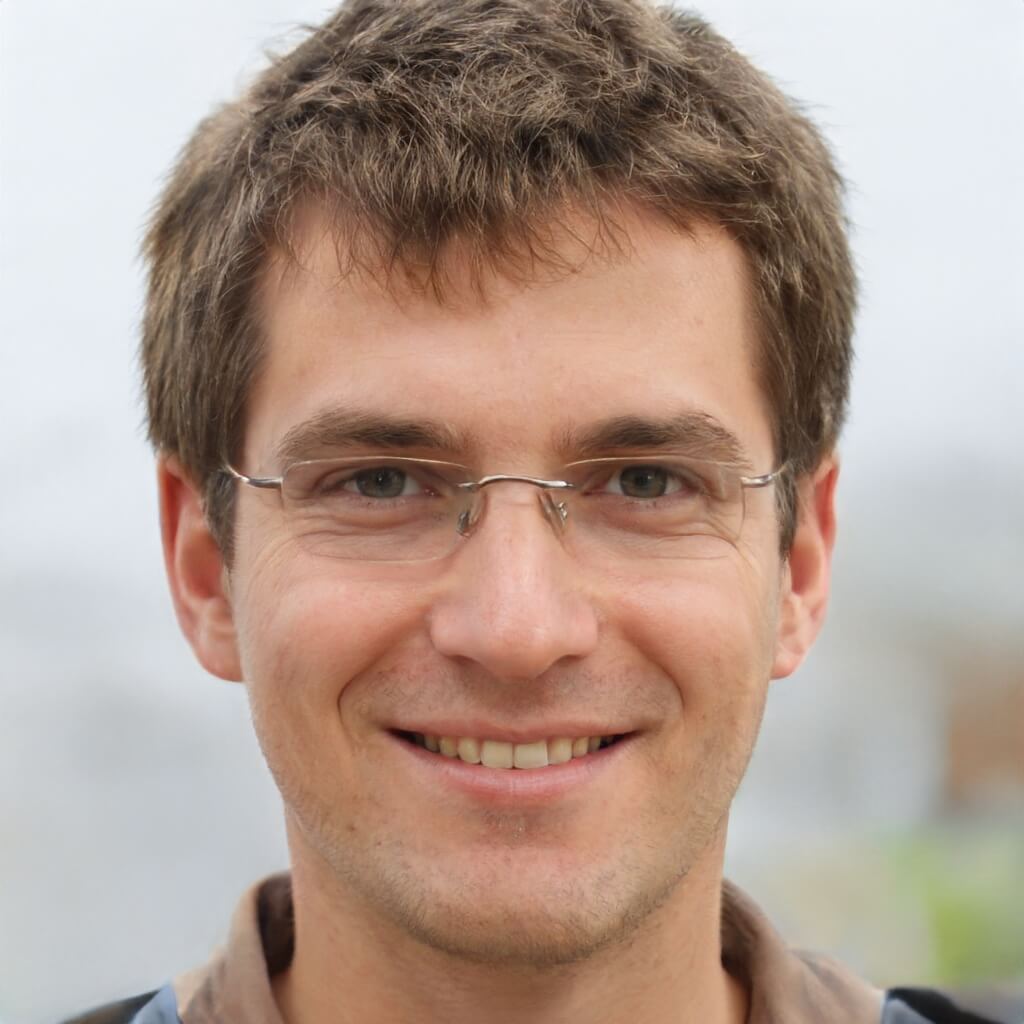
Experts ejemplo
Texto de prueba a determina
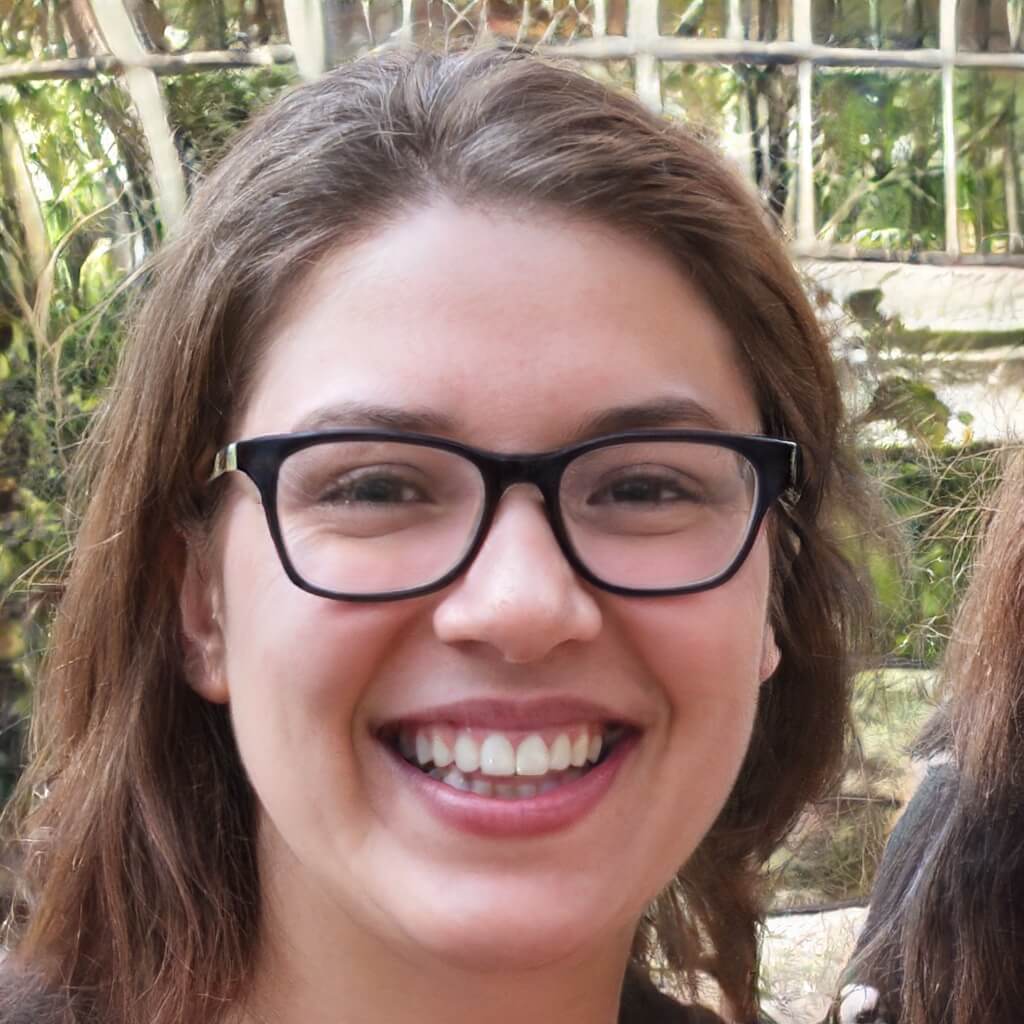
Experts ejemplo
Texto de prueba a determina
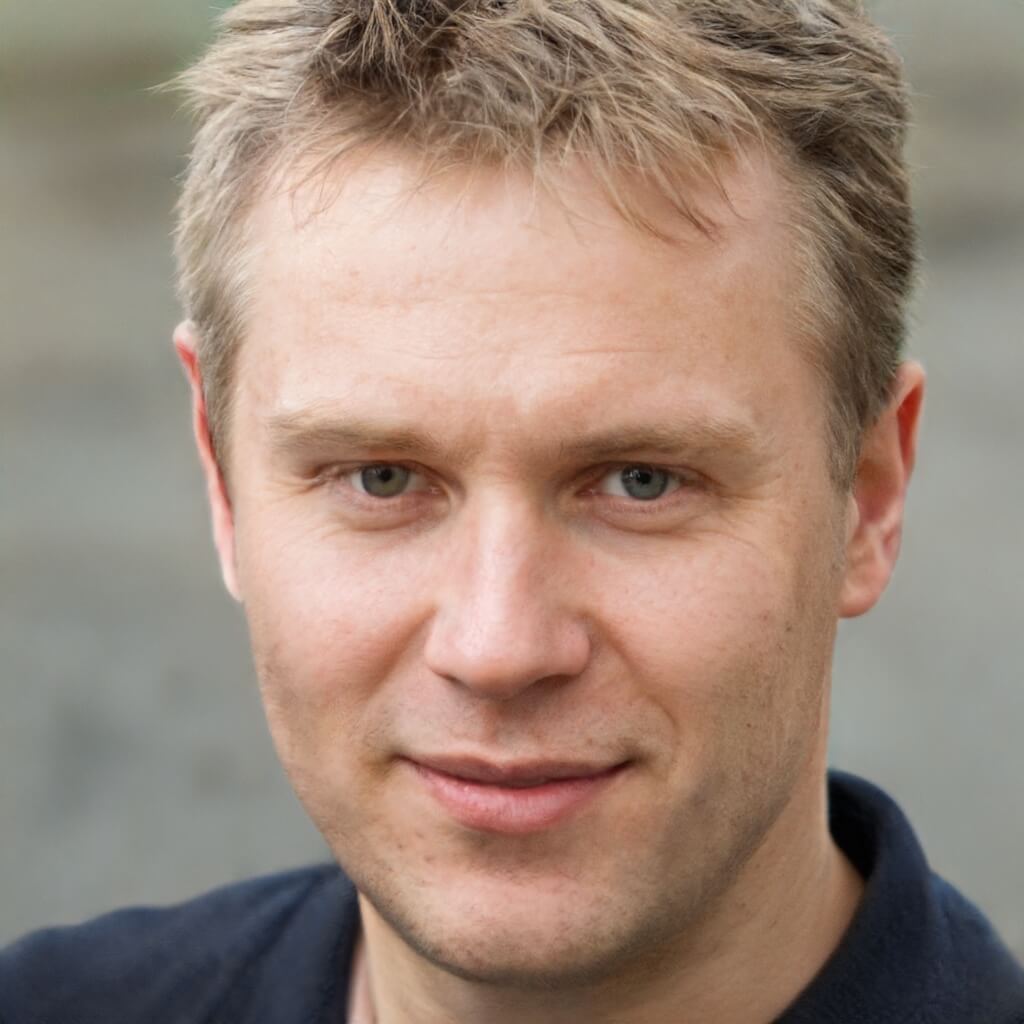
Experts ejemplo
Texto de prueba a determina
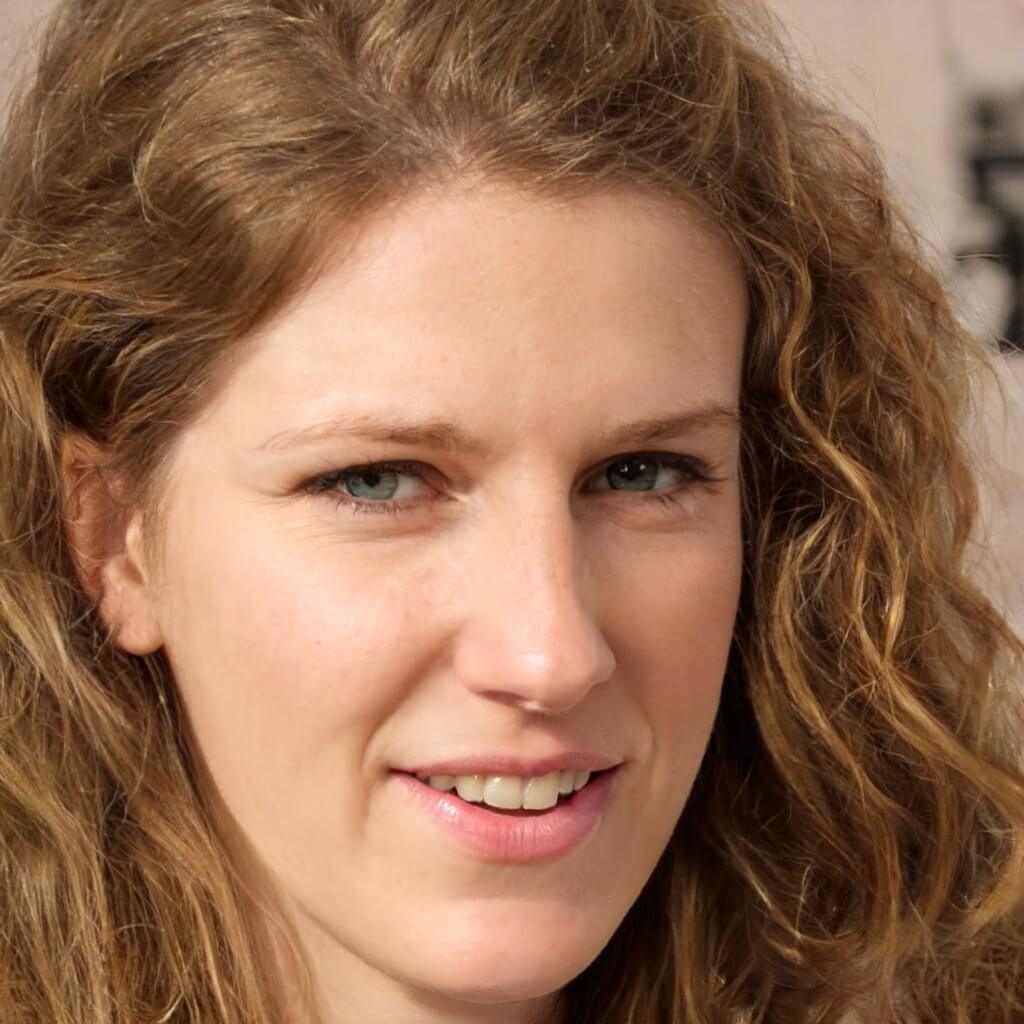
Experts ejemplo
Texto de prueba a determina



